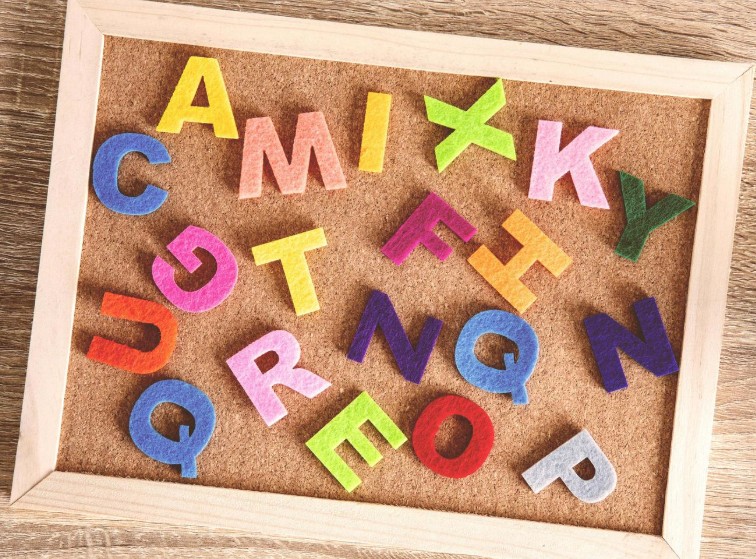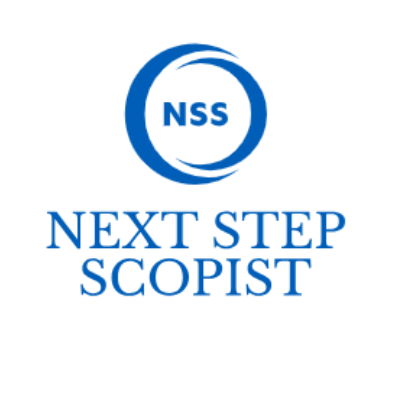Saturday, January 4th, 2025 – Biased Language in Everyday Use

The more I do this job, the more I learn about language and how we use it. Everything we understand today is knowledge cultivated over the years of our civilization’s growth. However, the history of this civilization is rife with injustice, intolerance, and inequality. Our language has evolved as such. It has become a system of volatile, biased language. I have been corrected on my use of phrases that I simply did not understand were rooted in such dangerous bias. Once was all it took, though.
I was discussing a house with my partner, and I asked, “How big is the master bedroom?” to which he replied, “You mean, the primary bedroom.” I asked why, and he educated me. When he explained it, it seemed so obvious. Why didn’t I think about that before I said it? Why did that not occur to me? Probably for the same reason that a lot of the phrases on this list don’t occur to you or the people in your lives: the words have not been used to marginalize and degrade us or the people in our lives, so it never occurred to us that they have been used against others.
This experience led me to ask myself the question, “What other phrases have I been saying that are unknowingly perpetuating a culture of injustice? What can I say instead that will portray my meaning but not cause harm to marginalized groups?” I did my research and came up with a lot of information. There were a lot of examples, and it was baffling to see. So, today, I want to share with you some examples of the phrases I’ve found, why they’re biased language, the origin of these phrases, why it’s important to address these biases in our everyday language, and what we can do about it.
But first…

What is Biased Language?
According to Linguise, a website automation translation service, this is one definition of language bias:

As it states, not all of our language bias is intentional. What I have noticed, is that often people use language they were raised with and were not taught that it is in fact discriminatory. I know that is where my bias came from. However, ignorance is not an excuse, and it is our responsibility to learn about how our actions directly impact and affect others.
Examples of Biased Language
This list is not comprehensive by any means. However, it is a list of phrases and words that I found to be used commonly enough that it was worth mentioning. Some of these surprised me, as I was not sure where they originated from but I definitely didn’t know that they originated from such discriminatory sources.
Cakewalk
The term “Cakewalk” originally came even before Civil War times in the United States. It seems to be a tradition that changed hands a few times but it ended as a way for enslaved people to make fun of the behaviour of their oppressors. It came to be known as a way to describe an easy win.
Grandfathered in
This was originally coined during a time when the right to vote was being suppressed for African Americans. During this time, there were requirements created by states in order to vote – such as quizzes, literacy tests, and poll taxes – that were meant to keep African Americans from voting. However, these were hard bars to meet for poor, white Southerners as well. Therefore, the “grandfather clause” was created. This clause meant that if you had a grandfather who had the right to vote before the constitutional amendment prohibiting racial discrimination in voting (generally, 1867), you would be allowed the right to vote without limitations or restrictions. Of course, this was meant to further disadvantage African American voters while allowing for white Southerners to avoid following the rules.

Gypped/Gipped
This is a term we use today to mean being cheated or to have something taken away we believe to be rightfully ours. It is directly associated with the Gypsy culture and has been used as a way to frame this group as untrustworthy or villainous.
Long Time No See
A broken English phrase used historically to mock the way that Chinese immigrants and other English as a Second Language speakers communicated in English.
Spirit Animal
Used as a way to describe something as being a representation of our truest, innermost selves. However, the phrase comes from Native American cultures, considered to be a gift from the Creator to guide one on life’s journey. It is something to be honored and revered.
Eskimos
It is a term used to widely describe Native Americans in the Arctic regions of Canada. However, this term is an umbrella that has been used to erase many Native American tribes and cultures. It was used during the times of residential schools (if you don’t know about those, you need to look that up) to describe any and all Native American peoples, and was used to perpetuate violence and aggression towards them.

Why Should We Address Language Bias?
I’ll answer this question, but I think we should also be asking ourselves, “Why have we continued to let this go on for this long?”
This kind of biased language is harmful. It perpetuates stereotypes, it marginalizes large groups of people, and by using it we are refusing to allow room in our society for people to grow and become more than they have ever been given space to. It’s easy to write this off and say things like, “I’ve used it all my life, I am not going to change now,” or “If words hurt people so easily, then they need to toughen up.” It’s much easier to do that than it is to acknowledge the real harm coming from continuing to not only use this language but refuse the knowledge that this type of language is shameful. I’ll let you in on a secret, though: You say a lot more about yourself when you use this language than you do about the people you’re marginalizing.
I said I could answer the question, “Why have we let this go on for so long?” It’s a simple answer. It’s easier to believe we are doing nothing wrong than it is to understand that using seemingly innocuous phrases we grew up on harms people. So, why should we address it? There are a few answers depending on what convinces you, but the base of all of those is that we can’t get better as a society until we start making ourselves as individuals worthy of that society.

What can we do about it?
The first step is learning. It always is. Do the necessary research to understand where these phrases originated, and how they became built into our modern lexicon. Be open to learning and be open to listening. When someone tells you that you’ve said something offensive, don’t get on your hackles. Listen. Understand. Acknowledge. Apologize. Most of all, do better. Language is only one part of it. There are a lot of facets of our society that have been built to marginalize others and oppress groups of people. If you’re not a part of the solution, then you’re part of the problem. Be aware that a lot happens right under your nose, and it can only change if you’re willing to pull back the curtain. Above all else, be the kind of person who WANTS to pull back the curtain.

Biased language affects everyone. It’s about time that we start thinking about what kind of people we are and the kind of society we intend to leave behind.
I hope you enjoyed this as much as I did! If you liked this post or want to share your own experiences and tips, make sure to leave a comment down below. If you want to see more, check out the last post below or the previous posts on the blog. And if you’re interested in learning more scopist, proofreading, or transcription information, make sure to check back for a new post on the Next Step Scopist blog!
—-
Home | Blog Home
Last Post: Things to Note When Editing Your Work

Leave a Reply